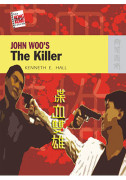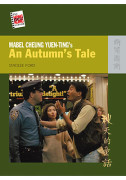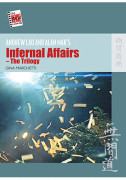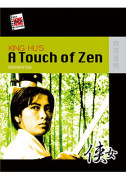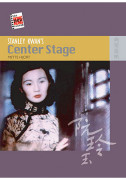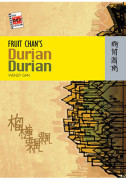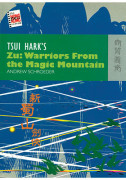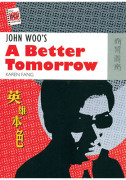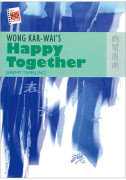Books
BackThe New Hong Kong Cinema
Ackbar Abbas, Wimal Dissanayake, Mette Hjort, Gina Marchetti, and Stephen Teo
The New Hong Kong Cinema came into existence under very special circumstances, during a period of social and political crisis resulting in a change of cultural paradigms. Such critical moments have produced the cinematic achievements of the early Soviet cinema, neorealism, the nouvelle vague, and the German cinema of the 1970s and, we can now say, the New Hong Kong Cinema. If this cinema grew increasingly intriguing in the 1980s, after the announcement of Hong Kong’s return to China, it is largely because it had to confront a new cultural and political space that was both complex and hard to define, where the problems of colonialism were uncannily overlaid with those of globalism. Such uncanniness could not be caught through straight documentary or conventional history writing: it was left to the cinema to define it.
Has the creative period of the New Hong Kong Cinema now come to an end? However we answer the question, there is a need to evaluate the achievements of Hong Kong cinema. This series distinguishes itself from the other books on the subject by focusing in-depth on individual Hong Kong films, which together make the New Hong Kong Cinema.

